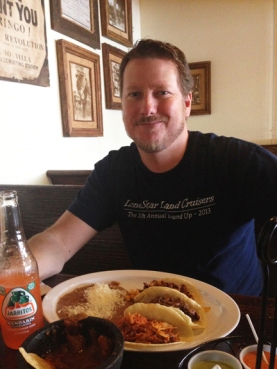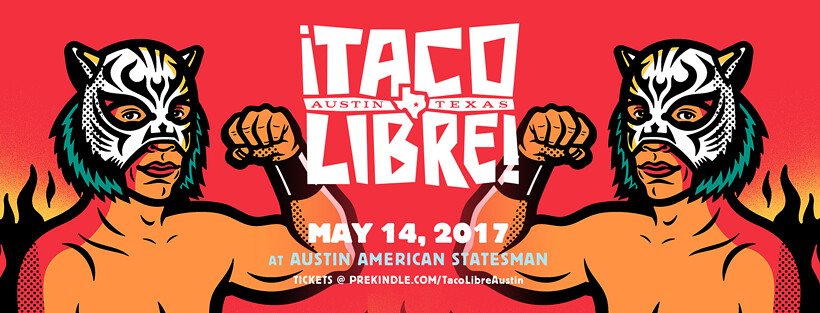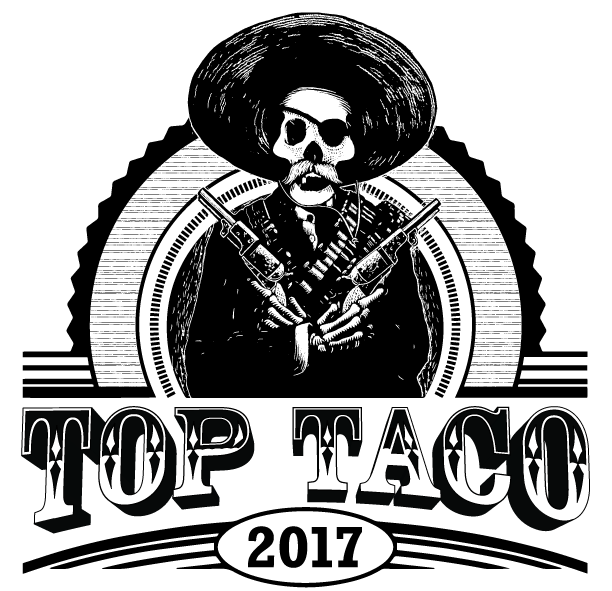There’s been a lot of talk about breakfast tacos lately. Much of it has focused on the people who prepare and sell Texans their favorite way to start day. The interviews amassed are crucial to the archives. We need the stories after those folks are passed. But what about the taco motherland and the breakfast taco analogs (tacos mañaneros) in Mexico? They exist, and not just in the sense that you can throw anything in a tortilla and call it a taco. Taken together, the work of culinary historians and taco experts Jeffrey M. Pilcher and Alejandro Escalante show that breakfast tacos were likely the first tacos. The word taco came into print and common usage in the 18th century with tacos mineros, named in favor of silver miners who subsisted on them and after the gunpowder-filled paper rolls (tacos) workers used to clear rock. (Of course, there are other theories.) With time, tacos mineros morphed into tacos de canasta, which today are regular morning noshes found on the streets of Mexico City. But they aren’t the only ones. In Michoacan, carnitas in freshly fried hard-shell tacos (tacos dorados) are a favorite breakfast food. In Jalisco, lamb tacos dorados are common.
Escalante, contributor to Mexican online food journal Animal Gourmet and author of the first comprehensive encyclopedia of the taco, La Tacopedia, took time to discuss Mexico’s other breakfast tacos. The interview that follows was conducted in Spanish and is presented translated into English.
Taco Trail: Tacos are eaten at all times of the day. In Mexico, tacos mañaneros, what we call breakfast tacos in the United States, include tacos de canasta. What are other tacos mañaneros, and what goes in them?
Alejandro Escalante: Tacos de canasta are the most common breakfast tacos in Mexico City. Tacos de guisados are perhaps equally popular in the capital now that they’re practically the national breakfast food: corn tortillas with one or two leftover guisados. They’re always accompanied with rice, beans, salsa and chiles…
Classic: chicharrón in a Green, red or mixed salsa; beef picadillo, rajas con crema; chorizo with potatoes, mole with shredded chicken, tinga, cochinita, bistek in salsa (pasilla, green, red, etc.), moronga [blood sausage], sausage, milanesa… Continue reading


















